42 what is a health claim on food labels
Food Label Claims: What You Can and Can't Trust - WebMD Until then, companies can make the "healthy" claim if the fats in their foods are mostly mono- and polyunsaturated fats. The healthy claim also can be used on products that have at least 10% of the... What You Need to Know About Health Claims on Food Labels and Dietary ... In general, health claims are statements made on food product labels or dietary supplements that boast some type of health benefit. This may seem simple, but the FDA doesn't treat every claim the same way. Label claims come in multiple forms: Health claims (which comprise of authorized health claims and qualified health claims)
Health Claims on Food Labels - Consumer Reports Specifically, grass-fed meat and dairy has a more healthful ratio of omega-6 polyunsaturated fatty acids to omega-3s. Too much omega-6 fat in your diet can cause inflammation, which may be a factor...

What is a health claim on food labels
5 health claims on food labels you should understand The claim "all-natural" implies that a food is healthy, does not contain GMOs or pesticides, or that it does not contain any artificial ingredients. But be wary of this claim on food items. This term is not regulated by any government agency and there are no specific criteria mandating what "all natural" means. Health and nutrition claims on food labels - FoodTruths Health claims on packaged foods are classified into general claims and high level health claims. A general claim will relate to the effect on health of a nutrient or ingredient in a product. An example of this type of claim would be saying that a product is a good source of protein which is 'necessary for tissue building and repair'. Legal Guide to Health Claims on Food | Law@Dayton The Nutrition Labeling and Education Act, which amended the FD&C Act in 1990, requires most foods to be labeled with serving sizes and specific nutrition information, and it sets standards for food labels that make certain health claims. The Fair Packaging and Labeling Act of 1966 spells out packaging requirements for food and other packaged goods.
What is a health claim on food labels. Label Claims for Food & Dietary Supplements | FDA Among the claims that can be used on food and dietary supplement labels are three categories of claims that are defined by statute and/or FDA regulations: health claims, nutrient content claims,... What is the purpose of the health claims nutrition claims on food labels? Health claims refer to a relationship between a food and health rather than a statement of content. What claims are made about food supplements? Among the claims that can be used on food and dietary supplement labels are three categories of claims that are defined by statute and/or FDA regulations: health claims, nutrient content claims, and ... Health claim - Wikipedia A health claim on a food label and in food marketing is a claim by a manufacturer of food products that their food will reduce the risk of developing a disease or condition. For example, it is claimed by the manufacturers of oat cereals that oat bran can reduce cholesterol, which will lower the chances of developing serious heart conditions.Vague health claims include that the food inside is ... Health Claims on Food Labels | LegalMatch In other words, a health claim can be a label on a product that says how the food is beneficial in helping to prevent or treat some kind of health condition. For example, your orange juice container may have a health claim on it about how the number of servings of orange juice each day can help reduce the risk of heart disease.
Health Claims on Food Labels | HealthLink BC Food makers can make health claims about certain nutrients, such as calcium, fibre, and fat, that are found naturally in foods. The health claims must be balanced and based on current, reliable scientific studies and must be approved by the Canadian Food Inspection Agency. Health claims may be statements like "This food is a good source of calcium. In Pictures: 29 Foods With "Health Claims" That Are Deceiving You And ... #6 Chocolate Milk - "Vitamins A&D 37% Less Fat Than Whole Milk!" Ingredients? Okay, so there's actually milk in this. Good sign. Ingredient #2 = sugar. Ingredient #3-6 = cocoa mix science experiment & preservatives. Ingredient # 4 = Artificial flavors. De-lish. #7 Arizona Iced Tea "NO Calories!" At first we're like, "oh, sweet, no calories!?" Health claims: what they mean - Canada.ca Health claims: what they mean To make a health claim about potassium, sodium and reduced risk of high blood pressure, the food... must be low in (or free of) sodium may also be high in potassium must be low in saturated fatty acids must be limited in alcohol must have more than 40 Calories if the food is not a vegetable or a fruit Food labelling and packaging: Nutrition, health claims and ... - GOV.UK Nutrition and health claims You have to follow certain rules if you want to make a nutrition claim (for example, low fat) or a health claim (for example, calcium helps maintain normal bones). You...
Health Claims on Food Labels - Kaiser Permanente Topic Overview. Food makers can make health claims about certain nutrients, such as calcium, fiber, and fat, that are found naturally in foods. The health claims must be balanced and based on current, reliable scientific studies and must be approved by the U.S. Food and Drug Administration (FDA). Health claims may be statements like "This food ... Health Claims on Food Labels - CS Mott Children's Hospital Health Claims on Food Labels Topic Overview Food makers can make health claims about certain nutrients, such as calcium, fiber, and fat, that are found naturally in foods. The health claims must be balanced and based on current, reliable scientific studies and must be approved by the U.S. Food and Drug Administration (FDA). Questions and Answers on Health Claims in Food Labeling Health claims in food labeling are claims that have been reviewed by FDA and are allowed on food products to show that a food or food component may reduce the risk of a disease or a health-related... 5 Understanding Food Labels and Health Claims - Maricopa Health Claims & Foods To keep companies from making false claims, the FDA provides food manufacturers' regulations in putting labels on packages that promote health. There are three levels of health claims: A health claim is supported by scientific evidence. An example is "reduces heart disease."
What health claims on food labels really mean? - FSSAI FDA has strict guidelines on how certain food label terms can be used. It also set standards for health related claims on food labels to help consumers identify foods that are rich in nutrients and may help to reduce the risk of certain diseases. e.g. health claims may highlight the link between calcium and osteoporosis, dietary fibre and some cancers, saturated fat and heart disease or high ...
Nutrition, health and related claims - Food Standards Standard 1.2.7 - Nutrition, health and related claims in the Food Standards Code (the Code) set out requirements for making nutrition content and health claims about food. Find out more about the Standard and the different types of claims. The Implementation Subcommittee for Food Regulation (ISFR) has guidance on how to comply with Standard 1 ...
Introduction to Food Product Claims — FDA Reader A health claim describes a relationship between a food and a reduced risk of a disease or a health-related condition. This can be made in words, images (i.e. a heart), or a reference to a 3rd party certification. Example of a Health Claim: "Diets low in sodium may reduce the risk of high blood pressure, a disease associated with many factors."
Health Claims on Labels: Can They Be Trusted? - Best Food Facts Health claims on food labels are regulated by the federal government. The claims must be verified by scientific data. The statements are optional, so food may have health benefits even if it doesn't carry a specific label. Label claims are a good starting point to learn about the nutrition of food.
Food Packaging Claims | American Heart Association There are three categories of claims defined by statute and/or FDA regulations that can be used on food and dietary supplement labels: health claims, nutrient content claims, and; structure/function claims. A "health claim" by definition has two essential components: A substance (whether a food, food component, or dietary ingredient) and
Health Claims on Food Labels: What is Healthwashing? - 8fit Health claims on food labels can be classified into three categories: functional, general health, and nutrient content guidance. Functional includes how the food works on the body, such as fiber for the promotion of bowel regularity. General health claims provide guidance, for instance, soluble fiber to help reduce heart disease risk.
Factual Food Labels: Health Claims Health Claims. In 1990, the Nutrition Labeling and Education Act allowed claims that related a specific food component (e.g., oats) to lowered disease risk (e.g., reduced cholesterol) to be printed on the label of a food product. For example, if a company wants to place a health claim on their food packaging, such as "Heart Healthy," they must ...
Health Claims - Canada.ca A health claim is any representation in labelling or advertising that states, suggests, or implies that a relationship exists between consumption of a food or an ingredient in the food and a person's health. What do we do?
Food Label Health Claims Primer | Cooking Light By Sidney Fry, MS, RD April 01, 2012. Credit: Illustration: Gail Anderson and Joe Newton. Specific health claims—such as "lowers cholesterol"—are usually carefully regulated, but health implications made on food labels are another matter, practiced in the red-hot area where clever language tickles the buying impulse. Claim: "Added Fiber".
The Basics of Food Product Health Claims - LabelCalc For additional information from the FDA on Health Claims, Download this PDF and scroll to Appendix C. Claim #3: Qualified Health Claims. Qualified food product health claims refer to a claim made on a food product label in reference to a disease that does not have to meet the rigorous standards of an Authorized Health Claim.
Legal Guide to Health Claims on Food | Law@Dayton The Nutrition Labeling and Education Act, which amended the FD&C Act in 1990, requires most foods to be labeled with serving sizes and specific nutrition information, and it sets standards for food labels that make certain health claims. The Fair Packaging and Labeling Act of 1966 spells out packaging requirements for food and other packaged goods.
Health and nutrition claims on food labels - FoodTruths Health claims on packaged foods are classified into general claims and high level health claims. A general claim will relate to the effect on health of a nutrient or ingredient in a product. An example of this type of claim would be saying that a product is a good source of protein which is 'necessary for tissue building and repair'.
5 health claims on food labels you should understand The claim "all-natural" implies that a food is healthy, does not contain GMOs or pesticides, or that it does not contain any artificial ingredients. But be wary of this claim on food items. This term is not regulated by any government agency and there are no specific criteria mandating what "all natural" means.
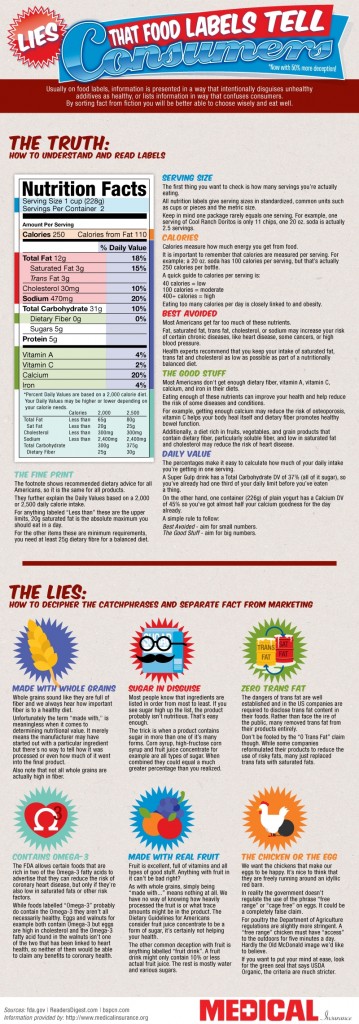
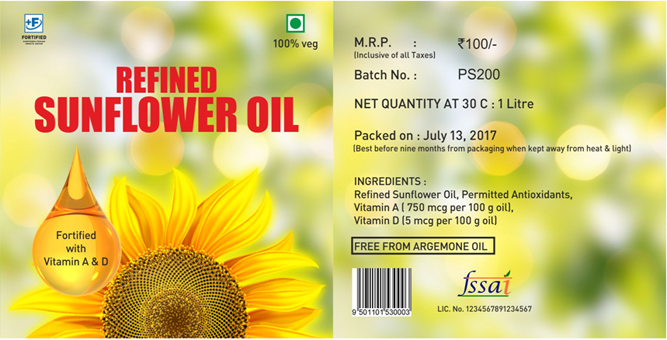

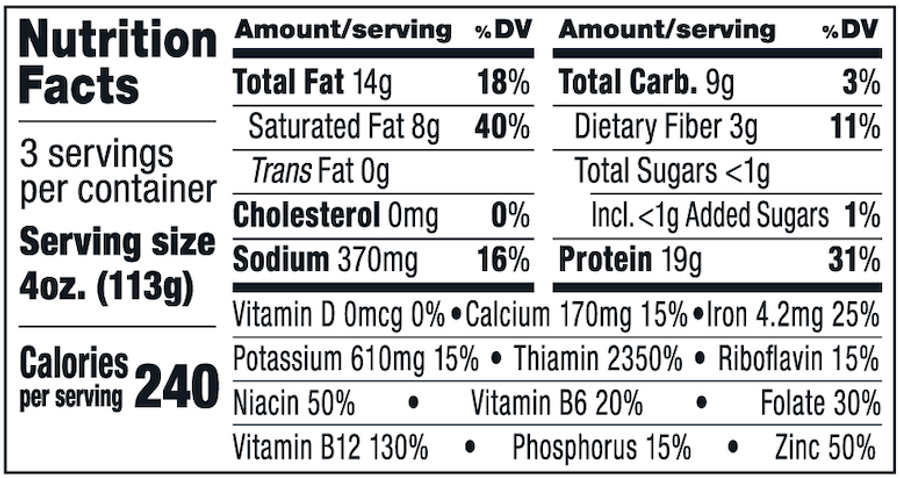



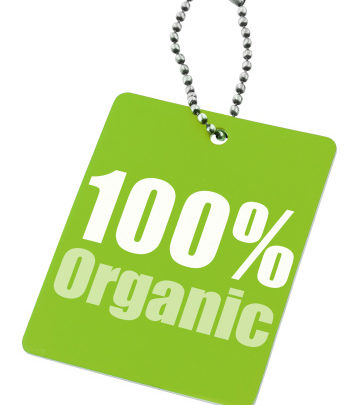
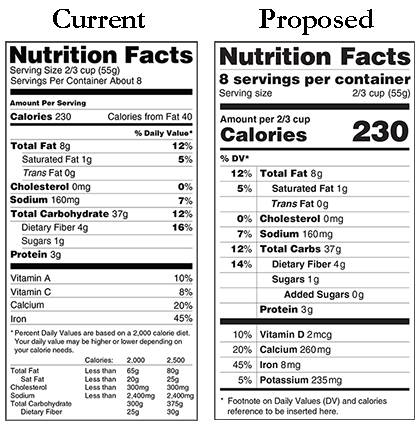



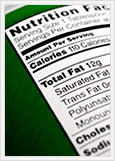

Post a Comment for "42 what is a health claim on food labels"